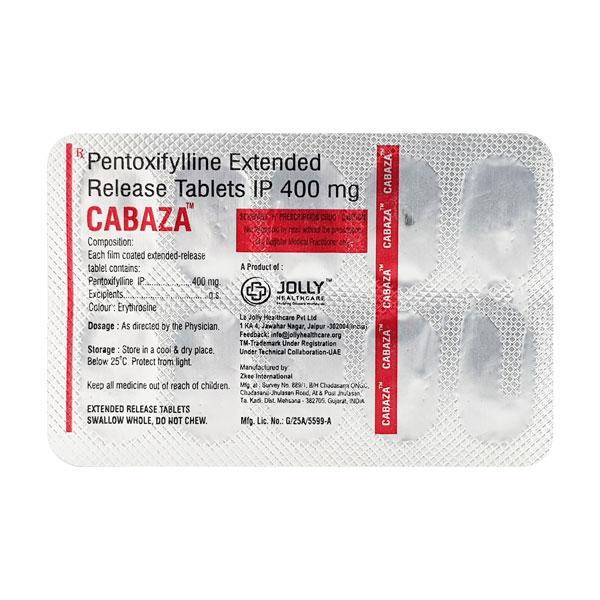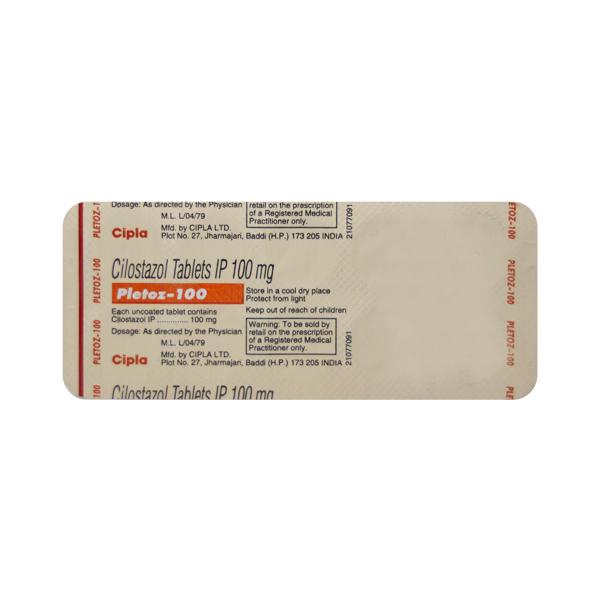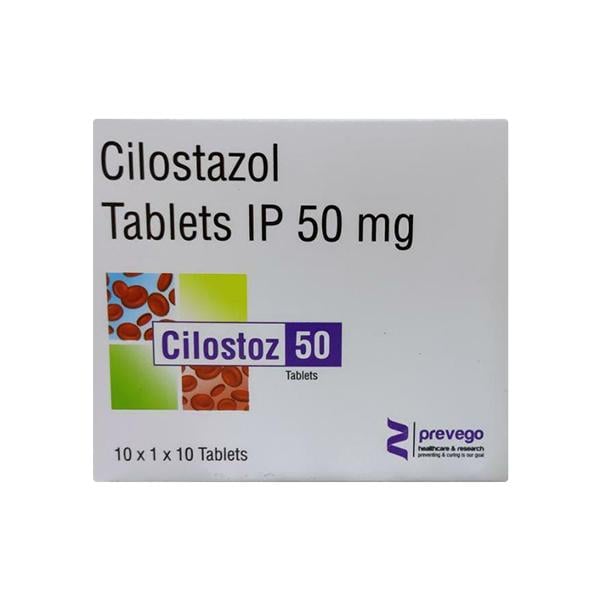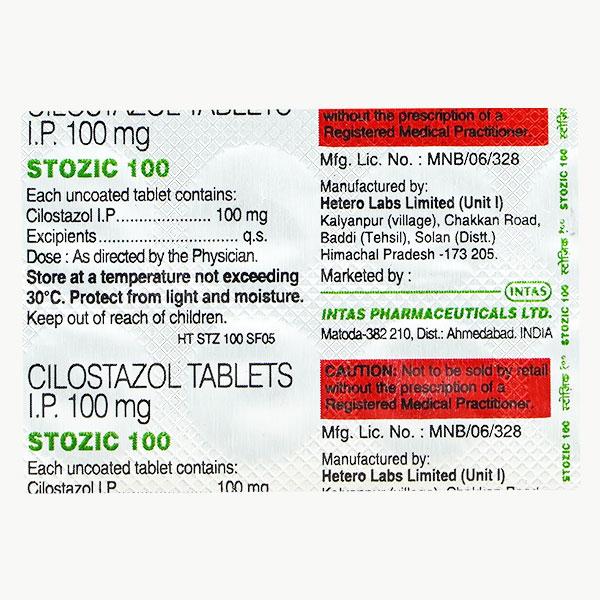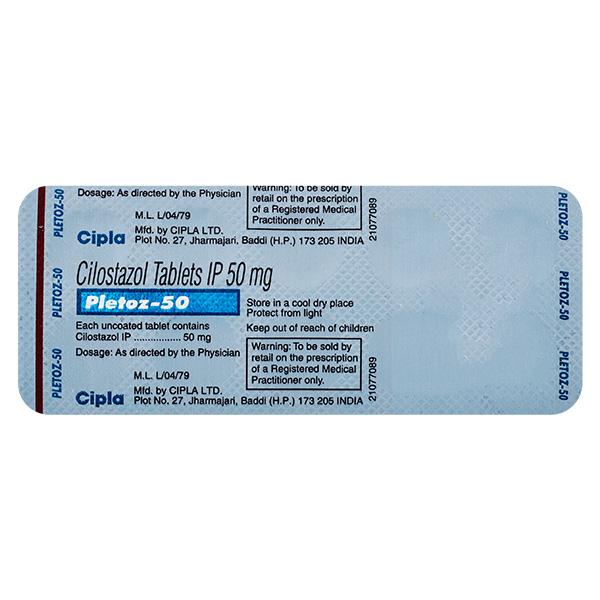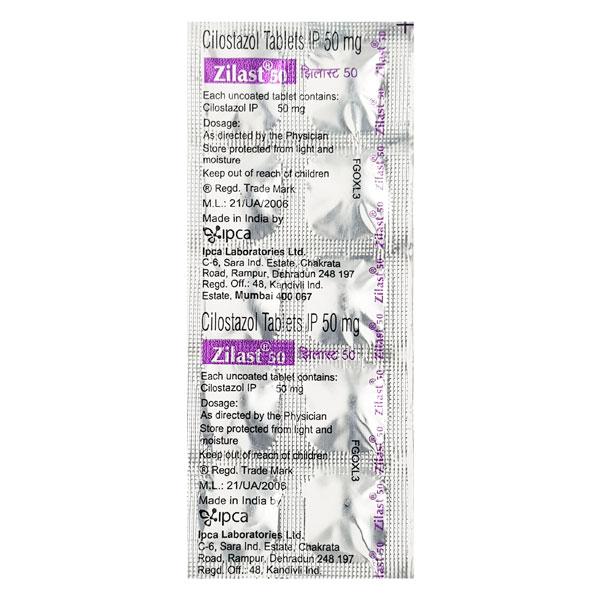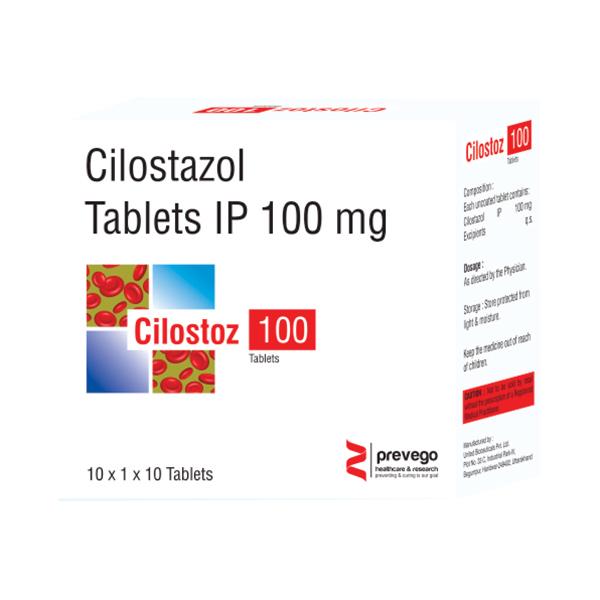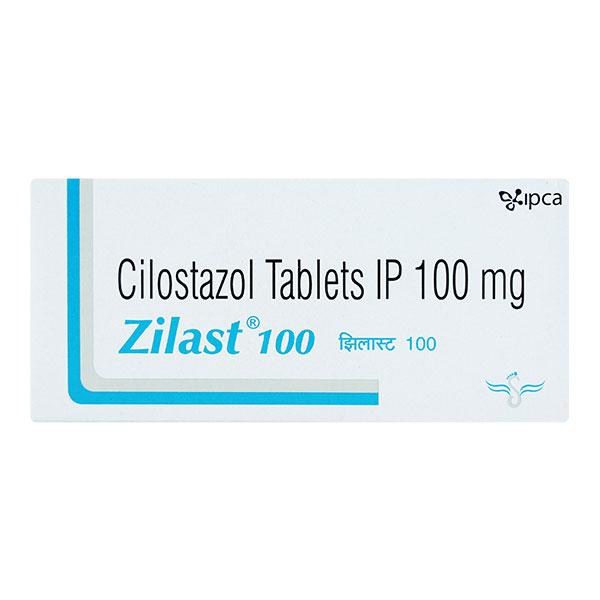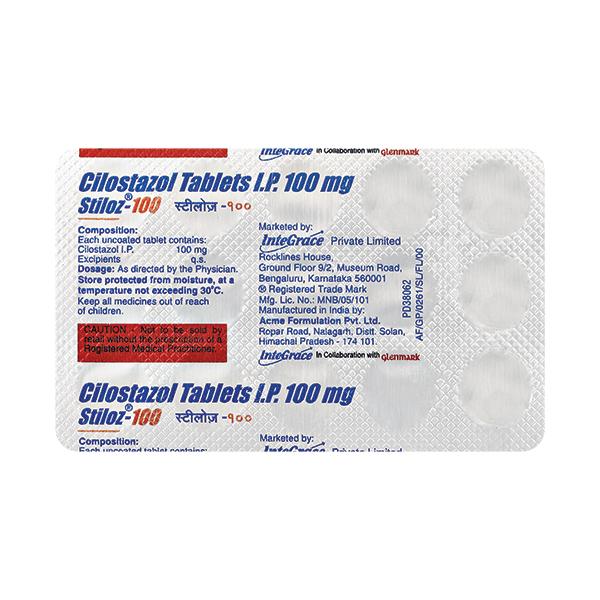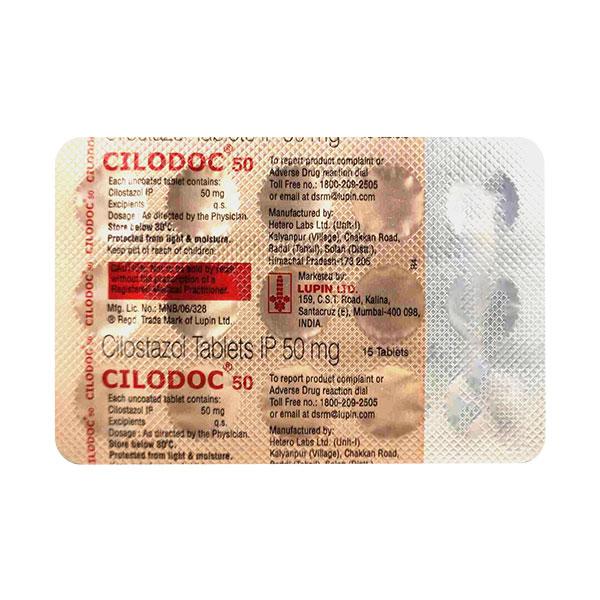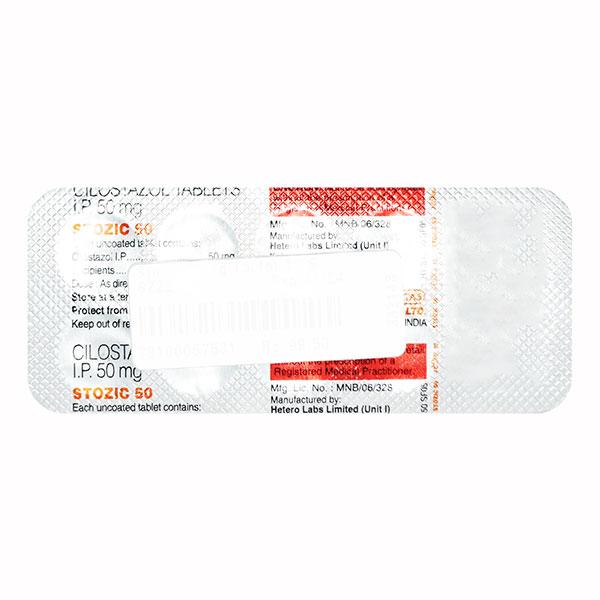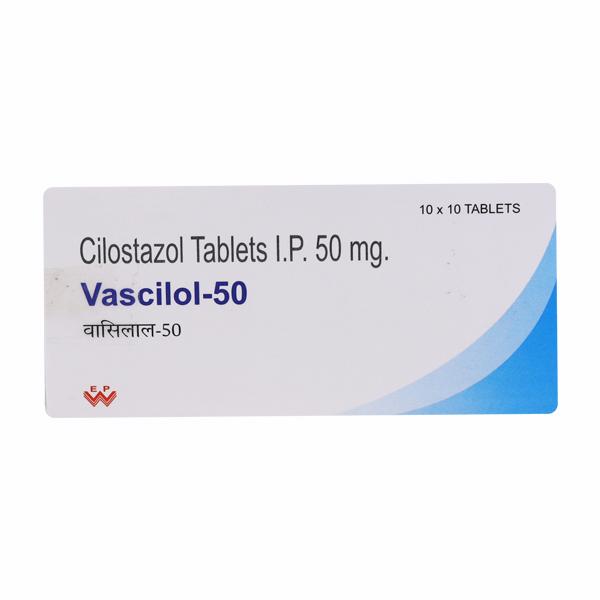


Intermittent Claudication Medicines
Showing results in 'Intermittent Claudication Medicines'
CILOSTOZ 50 Tablet 10's

CILOSTOZ 100 Tablet 10's

Intermittent claudication is characterised by muscle pain that increases with physical activity and subsides upon rest. Most affected areas include calf, thighs, buttocks, and the severity of the pain can range from mild to severe. It usually denotes a problem with blood flow such as peripheral artery disease. This condition can be managed efficiently if diagnosed early, however, it can deteriorate over time if left untreated. Without proper treatment this can lead to serious health problems.
Intermittent Claudication Symptoms
- Pain and discomfort in the muscles, especially calves, thighs, buttocks, hips, or feet, after a physical activity
- The pain tends to go away after physical activity is stopped
- During more advanced stages, the pain may continue to persist even after rest
Intermittent Claudication Causes
This condition results when a certain part of the body is deprived of proper blood flow. The affected areas do not receive sufficient oxygen and prolonged periods of lack of oxygen can even cause necrosis of the affected cells. Peripheral Artery Disease (PAD) has been one of the primary factors that result into Intermittent Claudication. PAD causes narrowing of the arteries that supply oxygenated blood to your limbs and reduces blood flow to your limbs.
Medication for Intermittent Claudication
- Blood-thinning medications: The drugs prevent complications such as stroke, pulmonary embolism or clots which can block the arteries in the legs.
- Statins: The medicines lower blood cholesterol levels and eliminates the build-up of plaque that reduces blood flow in arteries.
- Blood pressure medications: The medicines relax and widen the blood vessels, thus improving blood flow.


